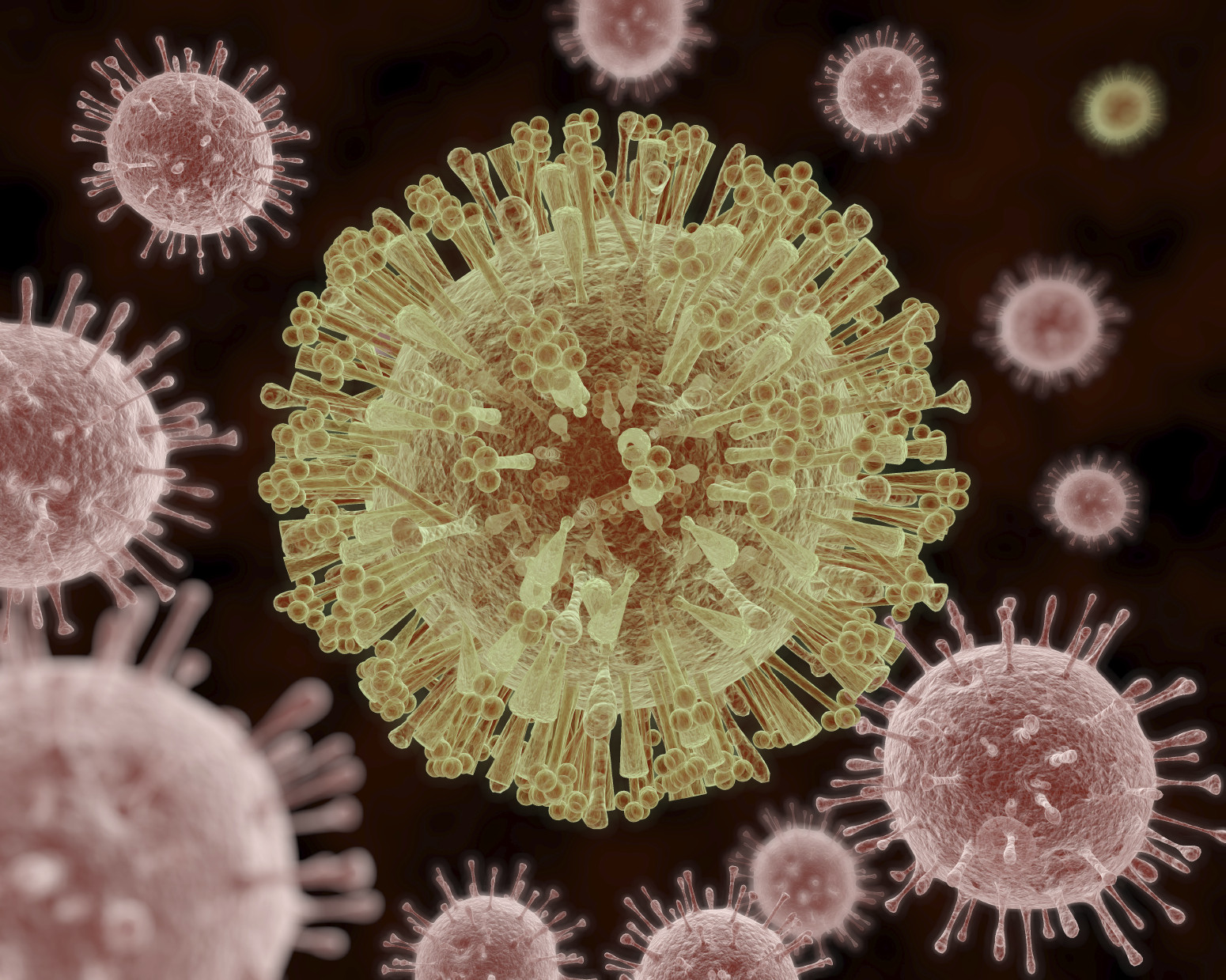
Respiratory health harms often follow flooding: Taking these steps can help

Tips to leverage neuroplasticity to maintain cognitive fitness as you age

Can white noise really help you sleep better?

Celiac disease: Exploring four myths

What is prostatitis and how is it treated?

What is Cushing syndrome?

Exercises to relieve joint pain

Think your child has ADHD? What your pediatrician can do

Foam roller: Could you benefit from this massage tool?

Stepping up activity if winter slowed you down
Harvard Health Blog
Read posts from experts at Harvard Health Publishing covering a variety of health topics and perspectives on medical news.
Articles
Pressed coffee is going mainstream — but should you drink it?
Pressed coffee, once the darling of trendy coffee houses the world over, has broken out of its upscale origins and can now be found in kitchens all across America. Aficionados have been raving for years that pressed coffee tastes better than regular coffee — and they may be right. But it can potentially harm your health. Here, we’ve explored the health drawbacks — and benefits — that coffee has to offer, no matter the brewing style.
Taking your medications as prescribed: Smartphones can help
Many people don’t take their medications exactly as prescribed. While some do this purposefully, plenty more simply forget. Researchers have studied several different methods to help people remember their medication, but a new study has revealed one that stands out among the rest: texting. While the study does have some limitations, it’s an impressive reminder that the technology sitting in many people’s pockets and purses can be a powerful tool to help them improve their health.
Why the American Academy of Pediatrics opposes North Carolina’s transgender “bathroom law”
A new law in North Carolina prevents transgender people — people who feel very strongly that their biological sex does not match their true gender — from using the public restroom of the gender they identify with. But the American Academy of Pediatrics has denounced this law for discriminating against transgender children and children with certain genetic disorders. As they say, what all children need the most is unconditional acceptance and support.
4 "must dos" for kids with seasonal allergies
Many children look forward to warm, mild spring weather, but kids with seasonal allergies (also known as hay fever) might not. Hay fever can interfere with a child's ability to play outdoors, and it can just plain make them feel miserable. These tips can help your child cope with allergy season — and they work just as well for adults, too.
How much should teens weigh to prevent heart disease as adults?
We know that overweight teens have a higher risk of heart disease throughout their life, which is why pediatricians make sure to discuss healthy lifestyle choices with their patients. However, a recent study reveals that the weight ranges currently considered acceptable for teens might be too high, and therefore still putting them at risk. We’ve summarized the results and given you some ideas to help your teen lead an active, healthy lifestyle.
Starting an osteoporosis drug? Here’s what you need to know
In its early stages, osteoporosis has no symptoms but causes millions of bone fractures every year, often resulting in loss of function and, disability and even death from the complications of the fracture. There are effective medications to prevent osteoporosis, but they can have serious (though rare) side effects. It’s best to talk discuss with your doctor to understand all your options and make an informed decision on how to best protect your bones.
Which kids are most likely to have prolonged concussion symptoms?
Awareness of the effects of concussions in children and adolescents has risen, along with the frequency of diagnosis. Researchers and other medical professionals are attempting to develop tools such as a risk grading scale, that might be used to better manage the injury and provide the most effective treatment.
Over 35 and expecting: Is it safer to give birth “early”?
For women having children over age 35, the decision to induce labor is usually based on an increased risk of stillbirth. The duration of labor also factors into the decision, as does the possibility that induction could increase the chance of a cesarean birth, though current medical evidence does not necessarily support this assertion.
Thyroid disease and breast cancer: Is there a link?
Researchers have wondered for a long time whether there might be a link between excess thyroid hormone and an increased risk of breast cancer. High levels of thyroid hormone have been shown to mimic estrogen, which fuels many breast cancers. A new study has suggested that there may indeed be a link — but it’s important to put the results into context.
Could lack of sleep trigger a food “addiction”?
Many people cite a lack of “motivation” or “willpower” as the reason that overweight people can’t control their eating habits. But a wealth of evidence has come to light that obesity is linked to insufficient sleep. Most recently, an experimental study has found that restricted sleep can increase the levels of brain chemicals that make eating pleasurable. Could it be that insufficient sleep makes the brain addicted to the act of eating?
FDA warns parents about arsenic in rice cereal
Rice has an unusually high arsenic content — and high amounts of arsenic in the body can increase the risk of cancer and learning difficulties. The FDA has recently proposed an upper limit on the amount of arsenic in infant rice cereal, but it hasn’t yet been adopted. In the meantime, we’ve listed steps you can take to reduce your — and your child’s — consumption of arsenic.
A monthly shot for opioid addiction: An option for some
Several long-term treatments can help people overcome opioid addiction. One of them, naltrexone, may help people who have trouble sticking with taking a pill every day. Naltrexone can be offered as a monthly injection called Vivitrol, which has been shown to help more people stay on treatment as compared to the pill form. However, it’s not for everyone, and like all treatments for opioid addiction, it must be used very carefully.
How useful is the body mass index (BMI)?
Body mass index (BMI) is a calculation of your size that expresses the relationship between your height and weight as a single number. It's useful for a person to know, but research shows that BMI on its own frequently misclassifies a person's metabolic health.
We should be ashamed if we don’t pass Tobacco 21 laws
Ninety percent of smokers had their first cigarette before turning 18. A movement to raise the legal age to buy tobacco in the United States to 21 hopes that making it more difficult for young people to start smoking may lead to a healthier population overall.

Respiratory health harms often follow flooding: Taking these steps can help

Tips to leverage neuroplasticity to maintain cognitive fitness as you age

Can white noise really help you sleep better?

Celiac disease: Exploring four myths

What is prostatitis and how is it treated?

What is Cushing syndrome?

Exercises to relieve joint pain

Think your child has ADHD? What your pediatrician can do

Foam roller: Could you benefit from this massage tool?

Stepping up activity if winter slowed you down
Free Healthbeat Signup
Get the latest in health news delivered to your inbox!
Sign Up






















.jpg)


